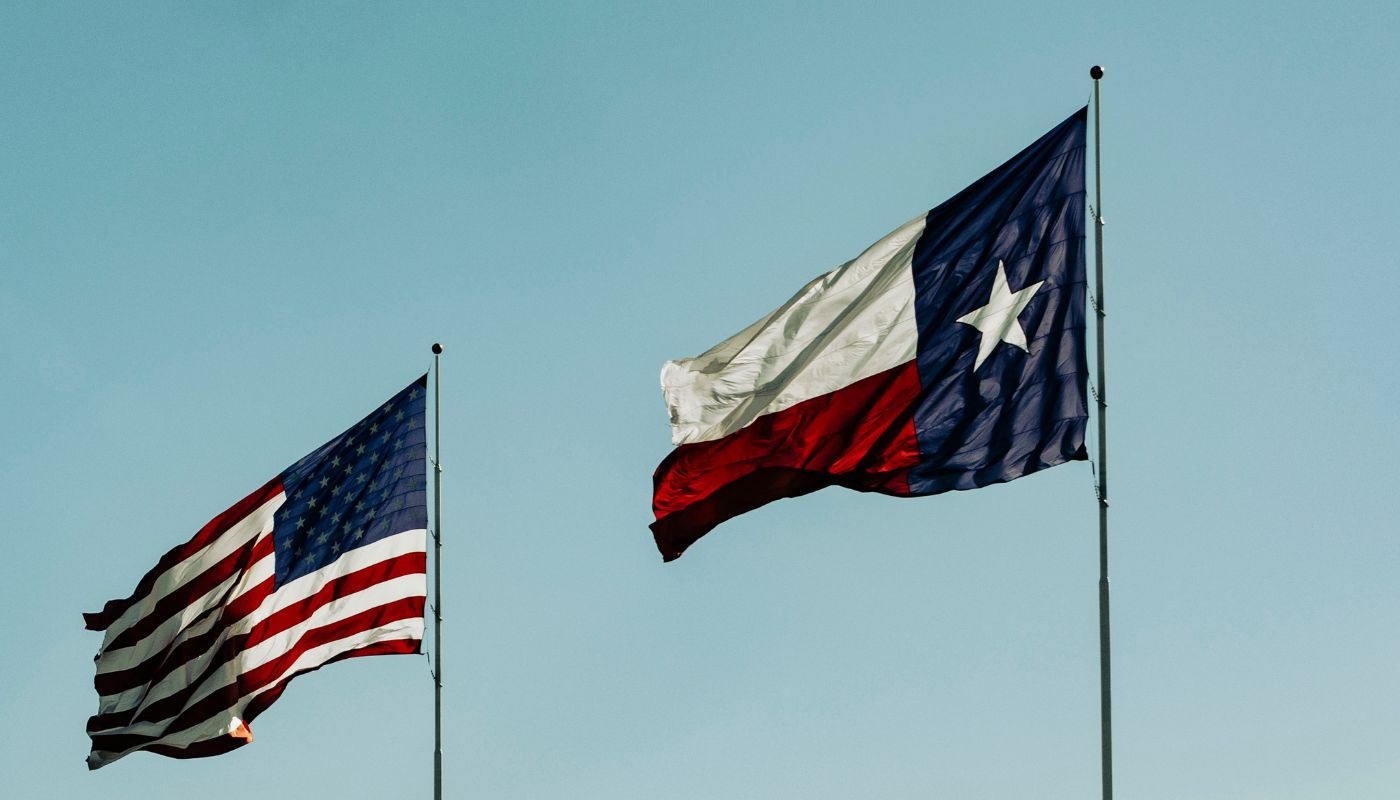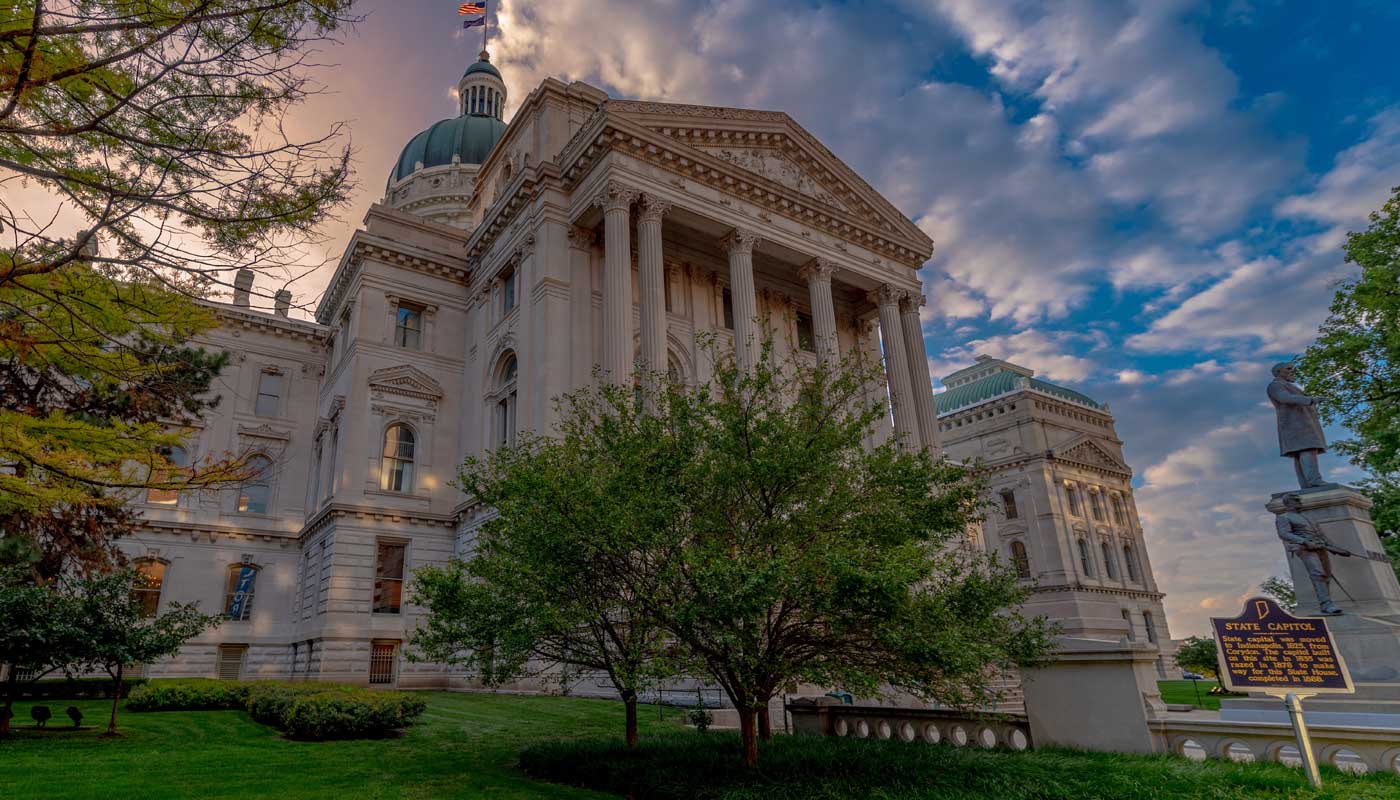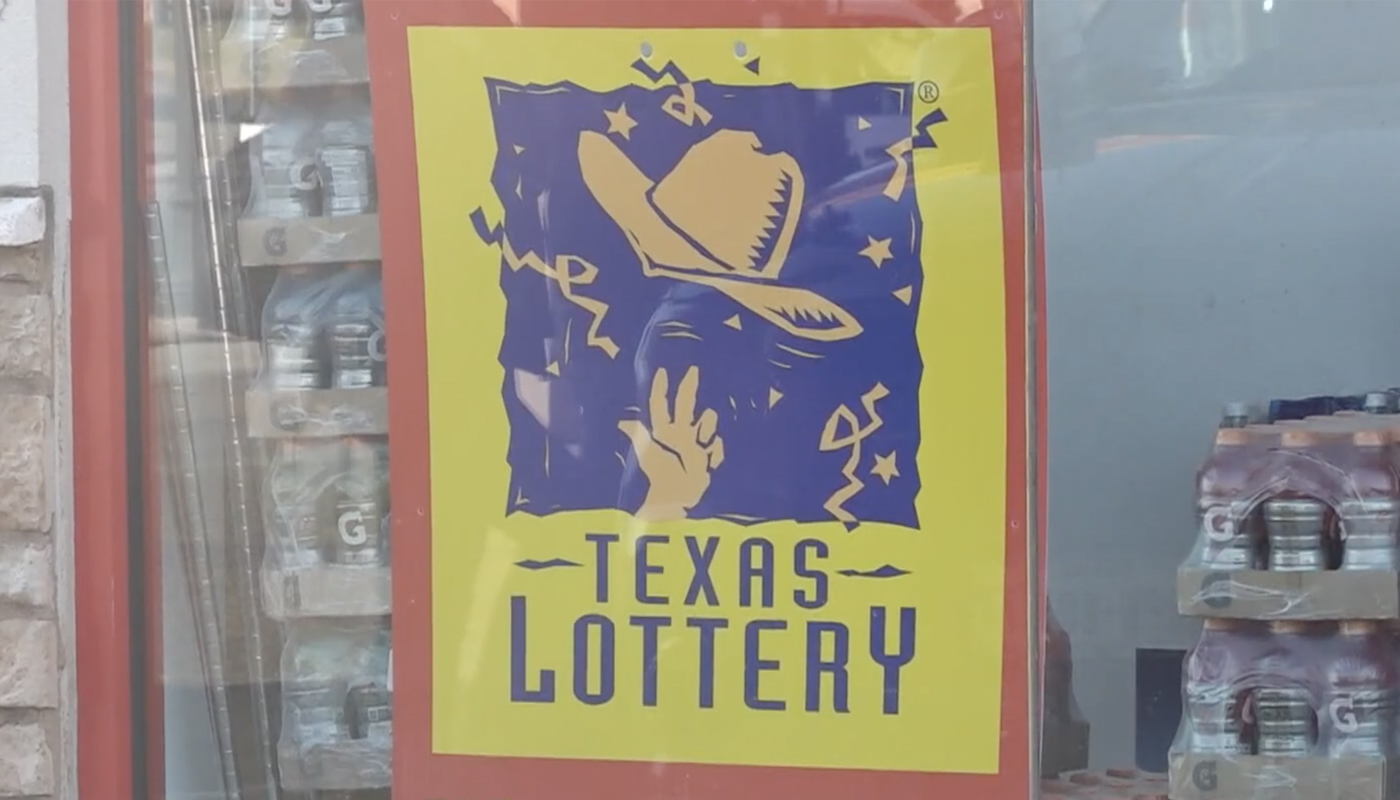
News writer
You may remember the 2006 Mega Millions jackpot worth $31 million. The ticket was sold in Queens, New York, and drawn on August 1st; the winning numbers were 14, 29, 32, 43, 49, and the Mega Ball was number 14. What you may not remember is that no one came forward to claim their prize. So, what happens to lottery prizes when they are unclaimed?
The answer is not as simple as you might imagine. First of all, how long you have to claim your jackpot depends on where the ticket was purchased. For example, in Georgia, you have up to 180 days after the draw date to claim a prize, while in New York, you only have up to one year after the draw date to claim. It’s a good idea to find out what the rules are in your state so you don’t miss your big payout.
When lottery prizes go unclaimed
When lottery prizes go unclaimed, what happens to the money will also depend on the state in which the ticket was sold. Generally, the participating state or states will get back the funds they contributed, and each state is permitted to use the money for its own lottery-funded purposes. Here’s a breakdown for each state.
| State | Areas of Funding |
|---|---|
| Arizona | A General Fund that contributes to higher education, environmental conservation, health services, and business development. |
| Arkansas | The Educational Scholarship Fund. |
| California | Public education. |
| Colorado | Supporting education, conservation and wildlife, and the Great Outdoors Colorado Trust Fund. |
| Connecticut | A General Fund that contributes to education, health and human services, retired employee benefits, debt services, transportation, and judicial and correctional services. |
| Delaware | A General Fund that contributes to education, neighborhood crime protection, pollution prevention, healthcare for families and seniors, and park and beach maintenance. |
| District of Columbia | A General Fund that contributes to education, parks and recreation, senior and child care, housing, and public safety. |
| Florida | The Educational Enhancement Trust Fund (EETF). |
| Georgia | Education programs that assist with undergraduate grants and scholarships, and the Georgia Prekindergarten Program, which is available for all 4-year-olds. |
| Idaho | Funding public schools and the Permanent Building Fund, which supports state-operated facilities. |
| Illinois | The Common School Fund. |
| Indiana | Supporting police and firefighters, the Teacher’s Retirement Fund, and the Lottery Surplus Fund. |
| Iowa | Backing the Vision Iowa Program, which develops tourist attractions and builds and repairs schools, and supporting veterans. |
| Kansas | The State Gaming Revenues Fund (SGRF), which contributes to veteran’s programs, mental health programs, the Problem Gambling Grant Fund, the Correctional Institutions Building Fund, the Juvenile Detention Facilities Fund, the Economic Development Initiatives Fund, and the State General Fund. |
| Kentucky | Education Scholarship programs such as the Kentucky Educational Excellence Scholarship (KEES), Kentucky Tuition Grant, Workready Kentucky Scholarship, College Access Program, and the Dual Credit Scholarship Program. |
| Louisiana | The Minimum Foundation Program (MFP), which funds public education K-12, and the Department of Health and Hospitals-Office of Behavioral Health to support problem gambling programs. |
| Maine | Maine General Fund, which supports local schools, higher education, health services, and the Outdoor Heritage Fund. |
| Maryland | Maryland General Fund, which supports public health, education, and safety services. |
| Massachusetts | Supporting a General Fund that may be used for snow removal, public safety, school services, senior programs, and recreational projects. |
| Michigan | The School Aid Fund. |
| Minnesota | Minnesota Environment and Natural Resources Trust Fund (ENRTF), which maintains and enhances the state’s environmental resources. |
| Mississippi | The State Highway Fund and the Education Enhancement Fund. |
| Missouri | The A+ Scholarship Program, Virtual Schools, Special Education Excess Costs, and supporting the educational scholarships, the construction of college and university buildings, and library acquisitions. |
| Montana | The Lottery Enterprise Fund, which supports Teacher’s Retirement Obligations, Youth Detention Services, and STEM Scholarships. |
| Nebraska | The Nebraska Opportunity Grant Fund, which supports the Compulsive Gamblers Assistance Fund, the Education Improvement Fund, the Environmental Trust Fund, and the State Fair. |
| New Hampshire | Supporting public education. |
| New Jersey | Boosting the state pension fund, which supports the retirement of public employees. |
| New Mexico | The Lottery Tuition Fund. |
| New York | Supporting public education. |
| North Carolina | Supporting the state Pre-K program, construction of schools, college grants and scholarships, non-instructional support, and school transportation. |
| North Dakota | The Compulsive Gambling Prevention and Treatment Fund and the Multi-Jurisdictional Drug Task Force Grant Fund. |
| Ohio | The Lottery Profits for Education Fund. |
| Oklahoma | The Oklahoma Education Lottery Trust Fund. |
| Oregon | Supporting education, Outdoor Schools, economic growth, state parks, natural habitats, and veteran services. |
| Pennsylvania | Supporting low-cost prescription programs PACE and PACENET, free and reduced-fare transportation services, and local services provided by the 52 Area Agencies on Aging. |
| Puerto Rico | Funding social programs such as the Fund for Catastrophic Illnesses, the Department of Health, and the Compulsive Gamblers Aid Program. |
| Rhode Island | The State General Fund, which supports public education, law enforcement, public safety, and human services. |
| South Carolina | Supporting Scholarship Programs such as Palmetto Fellows, HOPE, and LIFE. |
| South Dakota | The State General Fund, which supports education, natural resources, problem gambling services, and lower property taxes. |
| Tennessee | The Tennessee Education Lottery Programs. |
| Texas | The Foundation School Fund and the Texas Veterans Commission Fund for Veterans' Assistance. |
| Vermont | The Vermont Education Fund. |
| Virginia | Supporting K-12 public education. |
| Washington | The Early Childhood Education and Assistance Program, Washington’s Economic Development Account, and problem gambling assistance. |
| West Virginia | Supporting the West Virginia Bureau of Senior Services by providing meals, caregiving, transportation, medical funding, and property tax credit for seniors. |
| Wisconsin | Providing property tax relief. |
| Wyoming | The Wyoming State Treasurer, who disperses money as needed to support public services, education, and infrastructure. |




















Comments